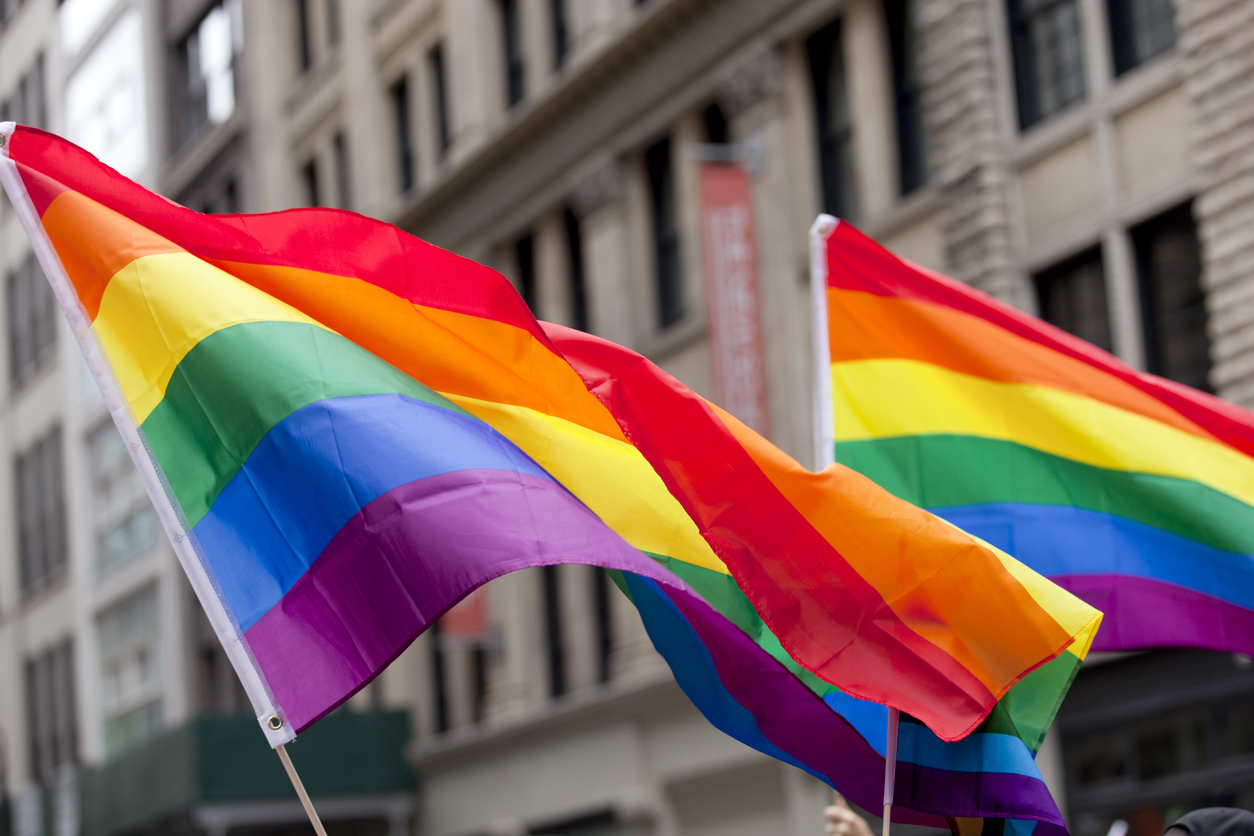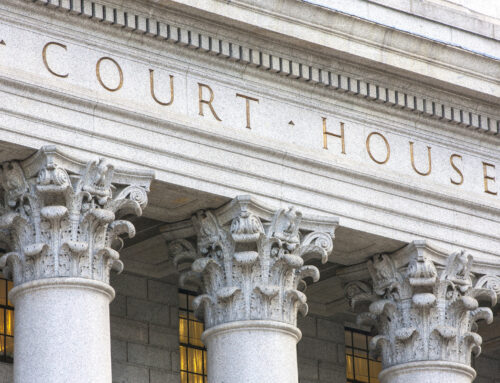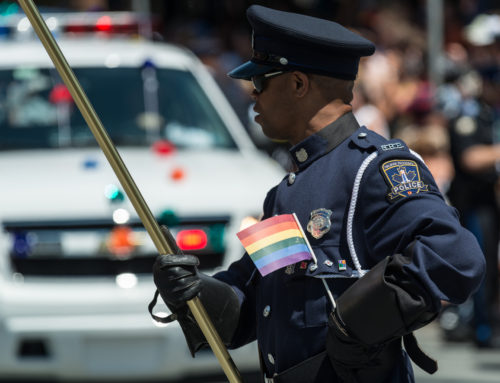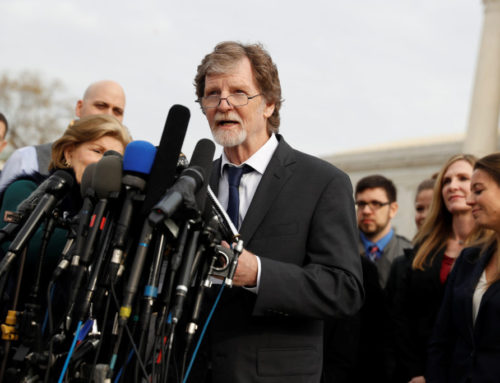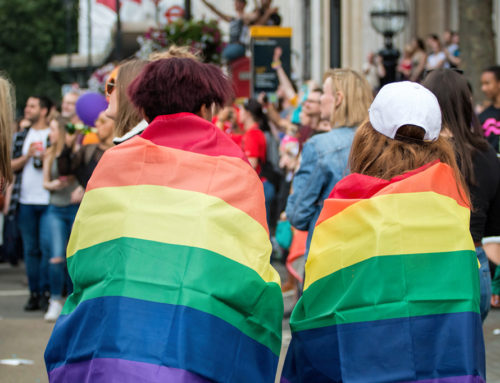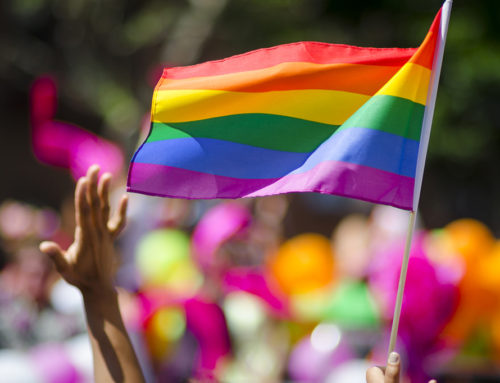After four years of Trump’s administration, the United States is poised to welcome a new president, Joe Biden. Biden ran on a pro LGBTQ platform.
In March, the Biden campaign launched its plan to Advance LGBTQ + Equality in American and Around the World. Stated goals include:
- Protecting LGBTQ+ individuals from discrimination.
- Supporting LGBTQ+ youth.
- Protecting LGBTQ+ individuals from violence. Working to end violence against the transgender community, particularly transgender women of color.
- Expanding access to high-quality health care for LGBTQ+ individuals.
- Ensuring fair treatment of LGBTQ+ individuals within the criminal justice system.
- Collecting data necessary to fully support the LGBTQ+ community.
- Advancing global LGBTQ+ rights and development.
As part of that Plan, the Biden/Harris team plans on passing the Equality Act within their first 100 days in office.
The Equality Act
The Equality Act is meant to protect LGBTQ+ individuals from discrimination in their private and work lives without religious exemptions. And the Equality Act is needed.
Only 22 states and the District of Columbia have legislation on the books that protect LGBTQ+ individuals in terms of housing discrimination. And only about one half of the LGBTQ+ population in the U.S. lives in states that protect them from discrimination in bars, hotels, and restaurants. Trump’s administration has repeatedly taken the position that the laws and regulations which forbid discrimination on the basis of sex do not include gay or transgender people.
Biden’s Equality Act would prohibit discrimination based on sexual orientation and gender in such areas as housing, public accommodations, education, and employment. Biden’s ability to pass this legislation will depend on the make-up of the Senate. Therefore, the Georgia Senate runoffs in early January 2021 are crucial. Without a Democratic majority in the Senate, the bill may be dead on arrival. McConnell may bury it.
Biden has long-honed negotiating skills. He has turned reaching out across the aisle into one of his strongest attributes. We will have to wait and see if Republican senators will be amenable.
Still, most of the major steps in LQBTQ+ anti-discrimination has come as a result of litigation in the courts. Overturning sodomy laws, marriage equality, and employment protections all arose from litigating the matters in court. The result has been a patchwork of decisions, not no overarching federal law.
Trump and The Judiciary
More than any other administration in recent history, Trump’s administration has sought to undermine LGBTQ rights. One of the most long-lasting methods chosen by this administration has been his appointees to the federal bench. The result has been an assault on the legal rights and protections afforded to LQBTQ+ persons.
The Federal District Bench
Trump has appointed over 200 federal judges during his presidency. A number of these federal judges are opposed to LQBTQ+ protections. Over one-third of these judges have a record of undermining or attempting to undermine LQBTQ+ rights and protections.
Some of these judges include:
Steven Menashi: Menashi supported banning LGB people from the military. He also speaks openly against marriage equality as ruled in Obergefell v. Hodges;
Lawrence Van Dyke: Van Dyke postulates that marriage equality harms children and society; and
Eric Murphy: The attorney who argued the losing side in Obergefell v. Hodges.
The Supreme Court
Trump has also had three conservative justices appointed and confirmed to the Supreme Court. His latest, Amy Coney Barrett, a conservative Catholic, has been outspoken in her opposition though she has yet to write an opinion on the Court.
She has previously publicly supported the dissenters in Obergefell v. Hodges, the 2015 Supreme Court ruling granting marriage equality across the country. She also signaled that it is time for Congress to revisit Title IX protections for transgender Americans. It is likely that she will side with the conservative arm of the Court if the opportunity arises to chip away at LQBTQ+ protections.
Though the Supreme Court allowed workplace protections for LGBTQ+ in the case, Bostock v. Clayton, in June of this year, this may be revisited by the Court when it gets the opportunity. Gorsuch hinted at that option in his ruling, stating that some employers sincerely object to hiring LGBTQ people. This coupled with the Court’s clear preference for religious exemptions, may render the Bostock ruling less effective.
What this Supreme Court has given, it may continue to chip away at. All the more reason to look toward the passage of Biden’s Equality Act. The Act would provide a comprehensive federal blanket of protection.
LGBTQ+ Protections Might Be on the Horizon
Biden’s administration will make headway in undoing the damage Trump’s administration has wrought in the area of LQBTQ+ rights and protections. How much headway will depend on a number of factors, including the makeup of the Senate, and how the conservative arm of the Supreme Court reacts to the opportunity to prune individual rights under the guise of religious exemptions. We will have to wait and see. But hope is on the horizon for the first time in four years.

